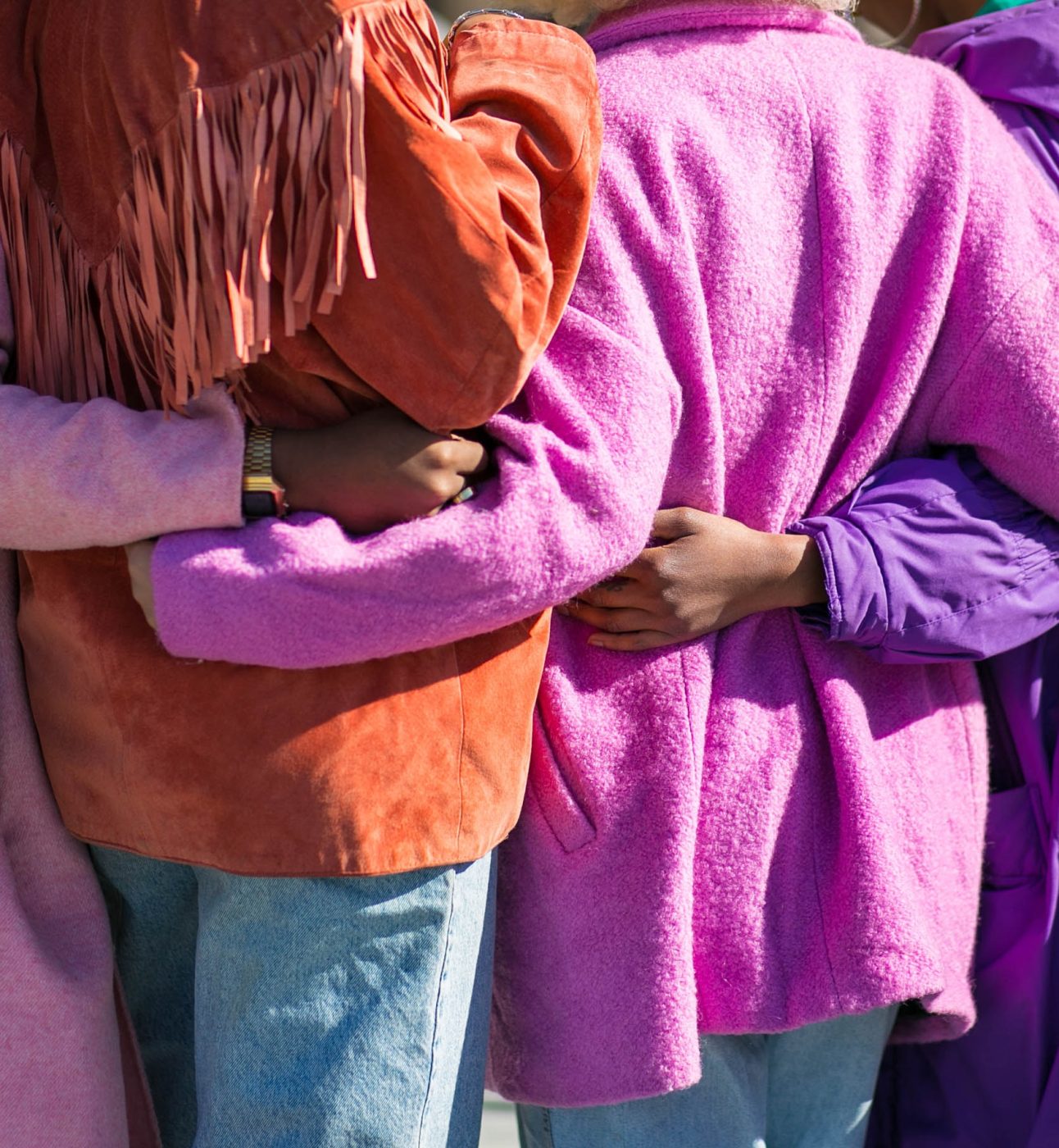Response to the Commission on Race and Ethnic Disparities Race Report
We believe it is our responsibility, on behalf of survivors and staff, to echo concerns about the Race and Ethnic Disparities Commission Report which fails to offer an honest reflection of racism in the UK today
The recent race report from the Commission on Race and Ethnic Disparities is relevant to us all. Too few individuals and organisations have been carrying the burden of tackling racism and bringing attention to issues of race on their own for too long. Since this report was released, we’ve heard frustration, anger and sadness from those who have been doing this work relentlessly for many years. We are adding our voice in solidarity.
For many adult and child victims and survivors, experiences of racism cannot be separated out from experiences of domestic abuse. Persistent experiences of racism may make a person vulnerable to an abusive situation, and that is then compounded by discrimination against Black, Asian and minoritised victims and survivors who are less likely to get access to an appropriate service, or their service provider is also discriminated against on the basis of race. Thinking about race and racism is not an optional extra – it is at the heart of identity, societal structures and daily life.
All 258 pages of the report merit proper scrutiny and while we quickly signed the letter by the Runnymede Trust asking the Government to withdraw the race report, we have read the document carefully before setting out our concerns and suggestions in more detail. We publish that detail now and will be sharing it with colleagues in Government, asking for constructive engagement on the content. This document was a collaborative process across the organisation.
We know that Black and Asian women are disproportionately at more risk of being killed by a domestic abuser, despite being as likely as any other racialised minority group to experience domestic abuse overall. We know that specialist services run by and for minoritised groups are underfunded compared to more generalised organisations. We know that migrant women have been left out of the Domestic Abuse Bill. And we know that systemic racism is woven through all stages of a victim accessing support – from healthcare to the courts. That is why we cannot pledge to eradicate domestic abuse if we don’t offer the same fight against racism.
In June 2020, we published a statement of intent and an action plan regarding equity, equality, diversity and inclusion. We noted, specifically, that it was overdue that we as an organisation acted with more leadership, structure, pace and explicit reference to racism. Since July last year, we have published a stocktake on our progress (December 2020) and monitoring data giving public information about the composition of our staff, Trustee, Pioneer and associate teams (February 2021).
We still have a long way to go but commit to taking due steps to be more actively anti-racist. In line with that intent, we believe it is our responsibility, on behalf of survivors and staff, to echo concerns about the Race and Ethnic Disparities Commission Report which fails to offer an honest reflection of racism in the UK today.
You may also be interested in

